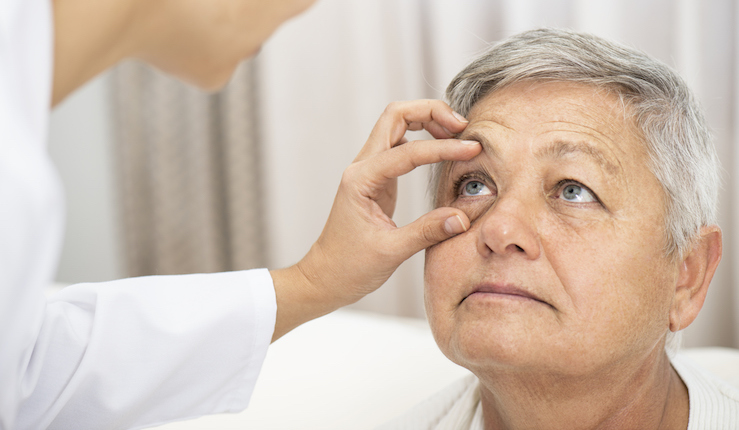
Eyes are one part of the body that can degenerate quickly in the senior years. Some eye diseases are preventable while others are hereditary and unavoidable. Be aware of the diseases you are at risk of and take care of your eyes.
Eye Problems that Come with Age
Often it’s not until our 40s that we notice changes in our vision and realise our eyes can’t be taken for granted. By our 60s other eye problems can start causing concern. Here are some conditions that can impact seniors.
Cataract
A cataract is the clouding of the eye’s lens which sits behind the iris and pupil. A cataract can make objects appear blurry or faded. Light from the sun or a globe can seem too bright and glaring. Cataracts are the main cause of blindness in the world.
Macular Degeneration
The failing macular in the retina can cause blurriness, dark areas or distortion and slowly takes away sharp central vision.
Glaucoma
High pressure in the eye and the optic nerve is damaged with glaucoma. Vision loss and blindness can slowly result. Glaucoma is the second-leading cause of blindness.
Dry Eye
When the eye doesn’t produce enough tears or they are not of the right consistency, dry eye can occur making it difficult to do some activities like using a computer.
Diabetic Eye Disease
With many seniors suffering from diabetes, they are at risk of diabetic eye disease as one of the side effects. Diabetes can damage the blood vessels inside the retina and eventually lead to blindness
Tips for Looking after your Eyes
Keeping your eyes in good health is important at all stages of life but even more so in your senior years.
Family History
It’s important that you know your family’s eye health history. Some eye conditions are hereditary so if you know a parent suffered from an eye disease, tell your doctor.
Diet
A good well-balanced diet will provide the right vitamins and minerals to give your eyes the best chance of staying healthy. Foods high in omega-3 fatty acids such as salmon and tuna may help protect against dry eye, macular degeneration and cataracts.
Vitamin E in sunflower seeds, almonds and spinach can decrease the risk of cataracts. Eggs containing lutein and vitamin A may protect against night blindness and dry eyes. A low glycemic index (GI) diet can help reduce the risk of age-related macular degeneration.
Quit Smoking
The risk of losing your eyesight through age-related macular degeneration can be another good reason to give up smoking to stop further damage.
Protect your Eyes
Avoid being in the sun without sunglasses as ageing eyes are particularly vulnerable to harmful ultraviolet rays.
Regular Eye Checks
Attending your optometrist for eye tests every 1-2 years can help diagnose any problems early. The specialist may take photos of your eyes that can be referred to at subsequent appointments to pick up any changes. Make an appointment if you notice any changes with your eyes.
If you enjoy a healthy diet, get regular check-ups and stay vigilant for any changes in your vision, you will be doing what you can to keep your eyes looking and seeing their best.